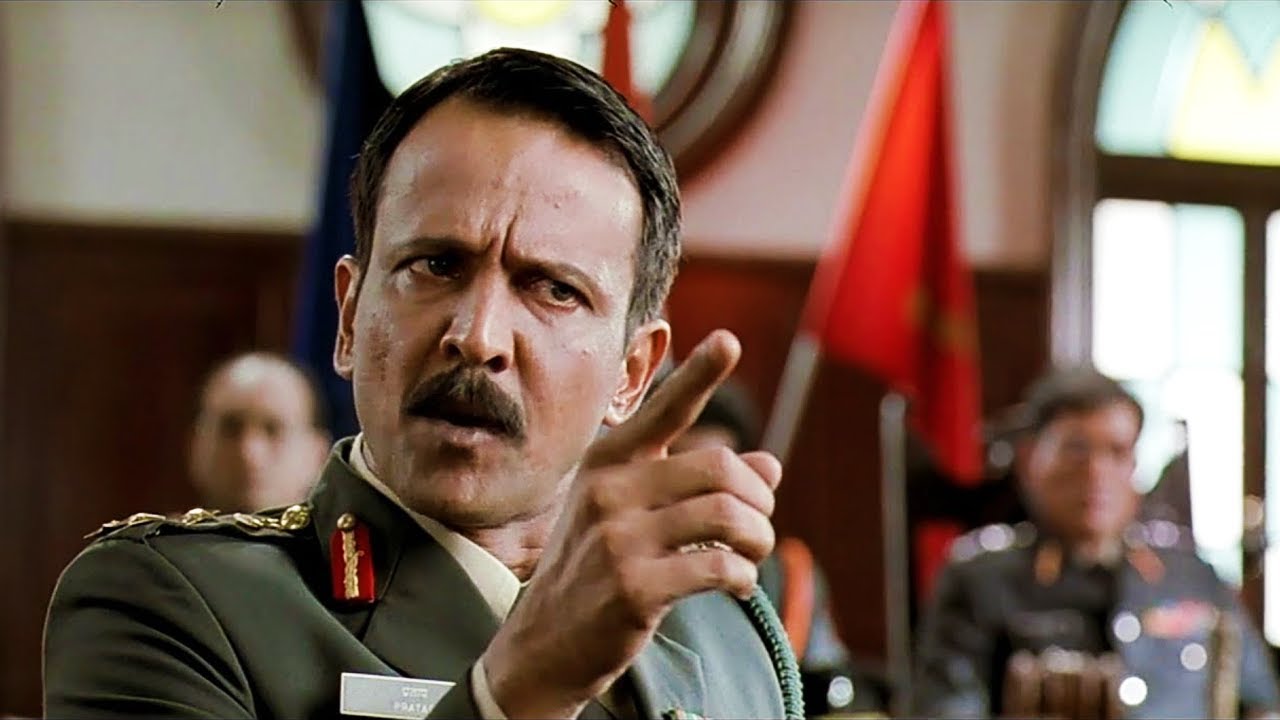Military Court Martial is a military court for hearing charges brought against members of the armed forces or others within its jurisdiction; also, the legal proceeding of such a military court. A court-martial is empowered to determine the guilt of members of the armed forces subject to military law, and, if the defendant is found guilty, to decide upon punishment
The Armed Forces Tribunal Act 2007, was passed by the Parliament and led to the formation of AFT with the power provided for the adjudication or trial by the Armed Forces Tribunal of disputes and complaints with respect to the commission, appointments, enrolments, and conditions of service in respect of persons subject to the Army Act, 1950, The Navy Act, 1957 and the Air Force Act, 1950.It can further provide for appeals arising out of orders, findings or sentences of courts-martial held under the said Acts and for matters connected therewith or incidental thereto.
There are four kinds of courts-martial in India. These are the General Court Martial (GCM), District Court Martial (DCM), Summary General Court Martial (SGCM), and Summary Court Martial (SCM). According to the Army Act, army courts can try personnel for all kinds of offenses, except for murder and rape of a civilian, which are primarily tried by a civilian court of law. Higher government authorities do not deal with military doctrines. The president of India can use his judicial power, (Article 72), to give either pardon, reprieve, respite, or remission of punishment or sentence given by a court-martial.
Also Read:







